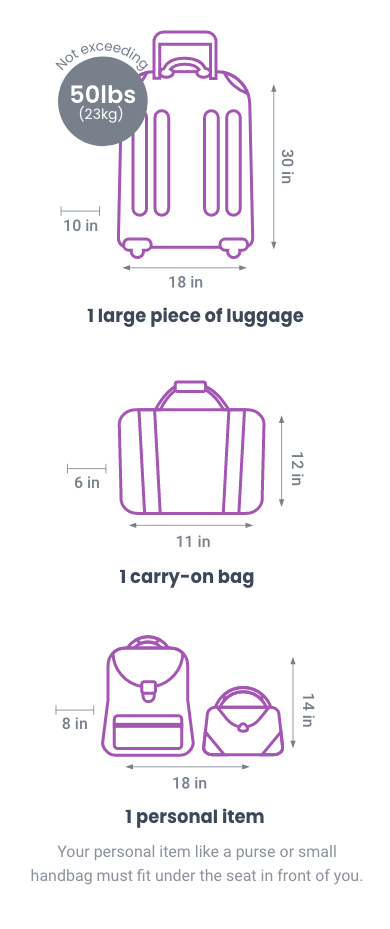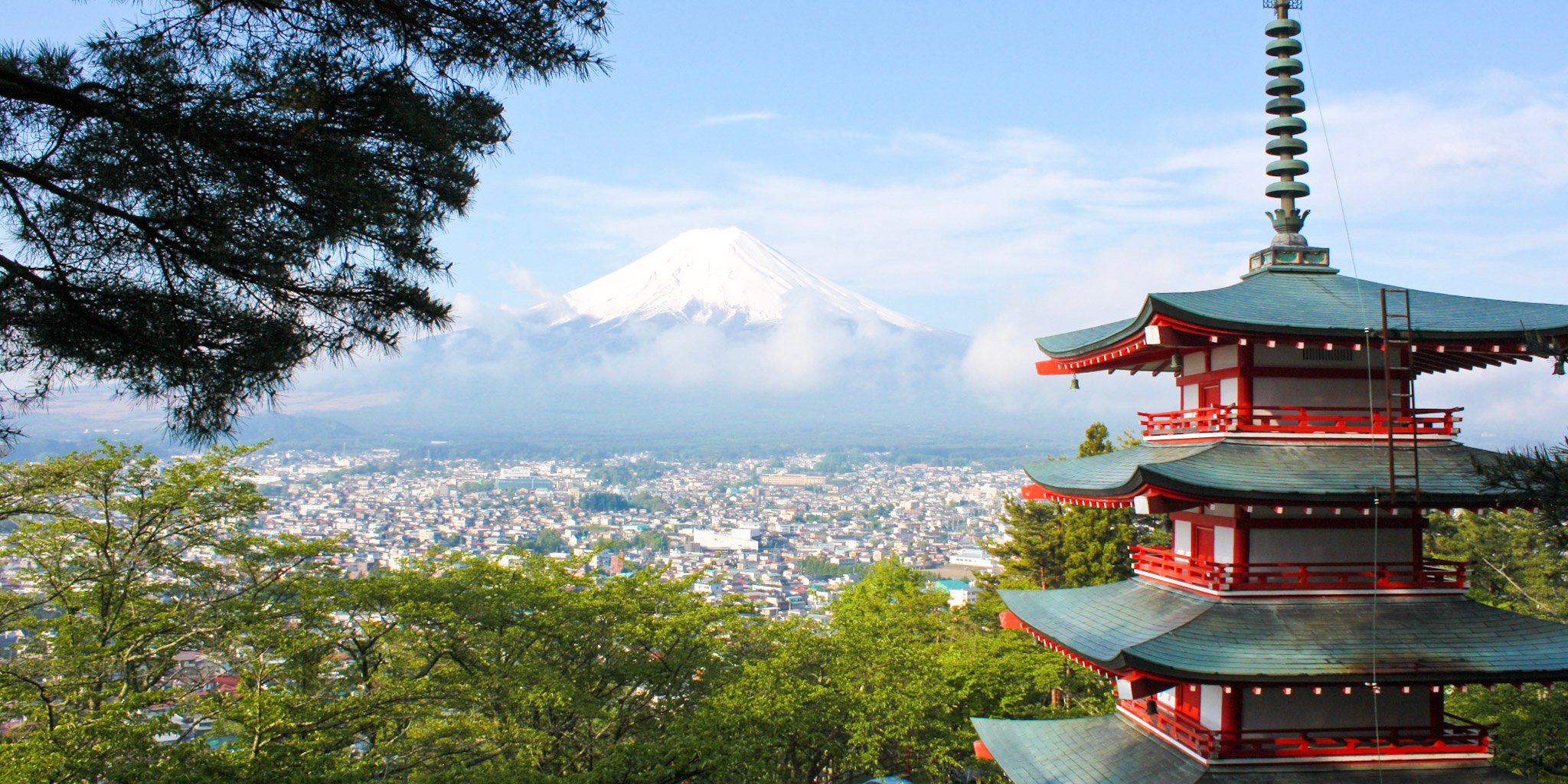About Japan
Overview
Timeless and modern, tranquil and mesmerizing, Japan has a way of gently sinking its hooks into a traveler's soul. Its hypnotic streets can sometimes feel like a lucid dream where shapes, sounds, and flavors all feel foreign yet inviting at the same time. Japan has been described as addictive and from your first taste of this country, you'll understand why you will always come back to the land of the rising sun.
Hotels
Tokyo is the biggest city in the world, and the rest of Japan’s megalopolises are not far behind. Hotel rooms were designed to be functional, and adhere to the high standard of Japanese quality. Rooms should be clean, well kept, and comfortable. That said, please be well prepared for smaller hotel rooms and common spaces than in the United States or countries with less space restrictions.
Transportation
Depending on your itinerary, transportation will be a mix of private coaches and Japan’s public transit. Japan is world-renowned for its trains, and getting to see locals and commuters while sharing the trains is a great way to absorb the culture.If your itinerary includes a bullet-train transfer, you will be able to ship your bag to the next destination. Please be aware that in some cases your bag may be delayed an extra day. If you choose to ship your bag, please make a day bag with a change of clothes, medicine, toiletries, passport, and any other necessities. If you prefer to keep your bag with you, you may do so as you board the train and transfer cities.
Capital City: Tokyo
Population: 125.8 million (2020 est.)
Currency: Yen
Time Zone: Japan Standard Time - WITA (GMT+9)
Emergency Number: 110
Outlet: Type A/B
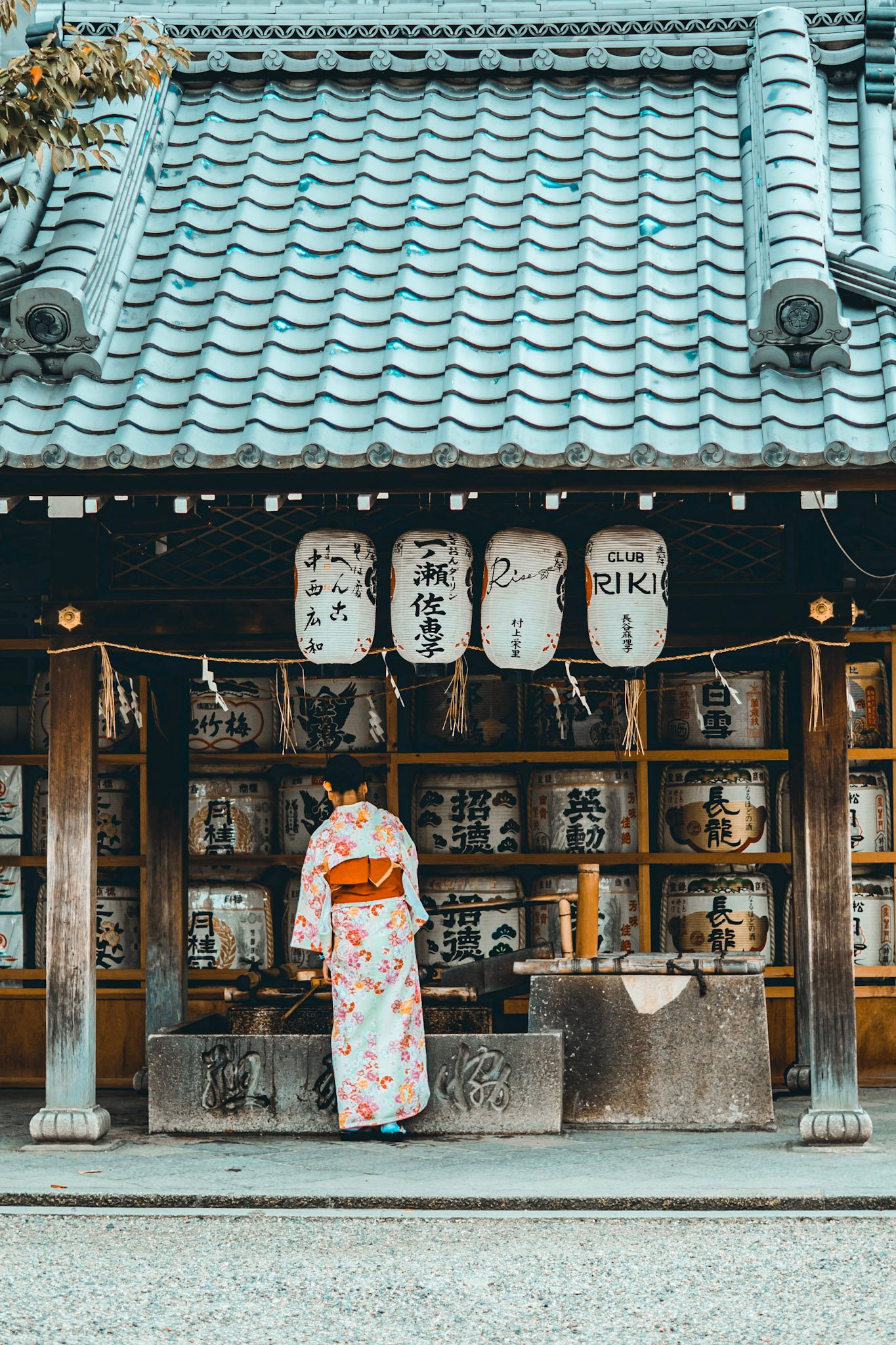
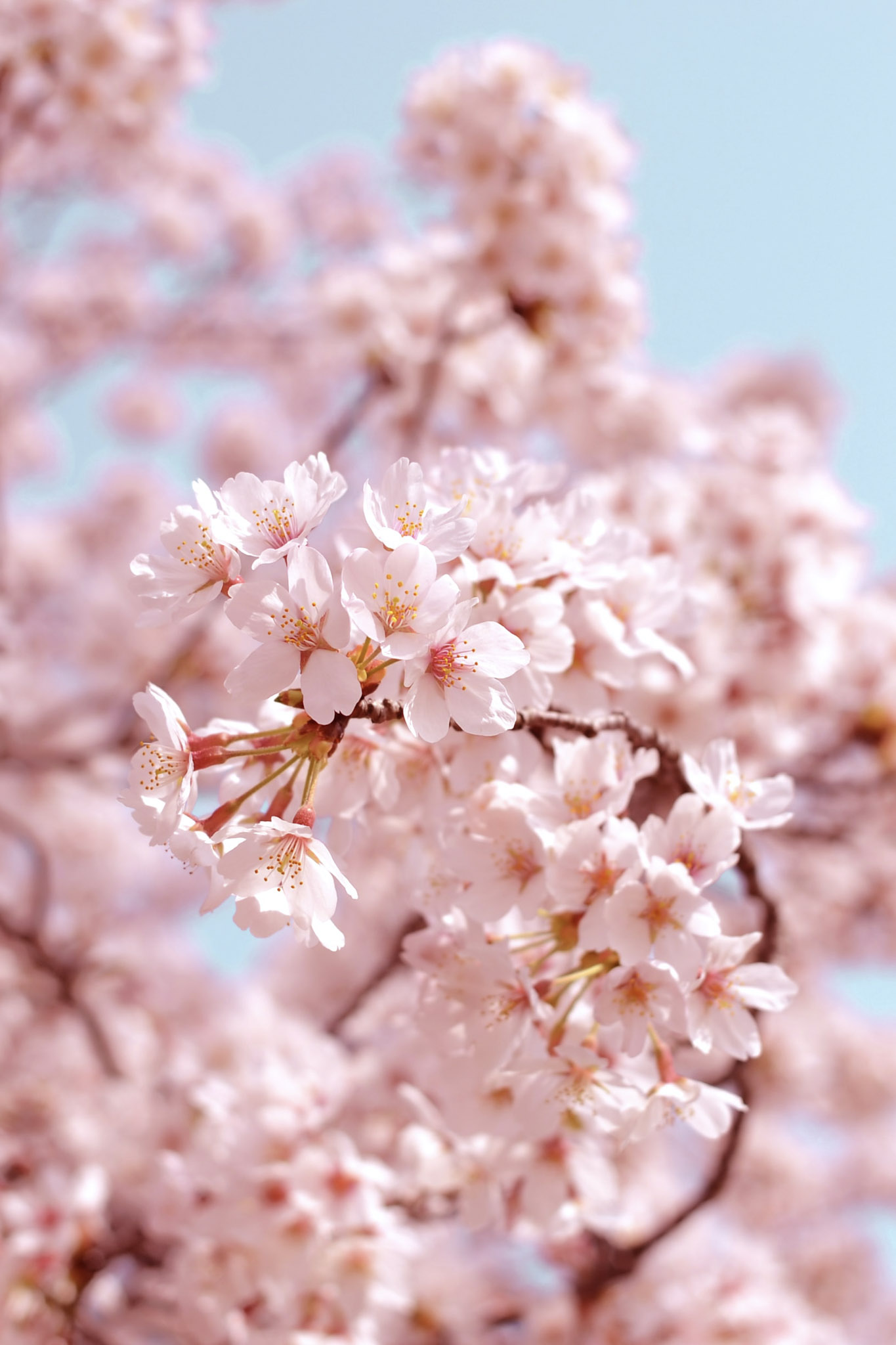
Packing List
Speak the Language
Language: Japanese
- Good morning - Kon'nichiwa
- Good night - Oyasumi
- Goodbye (to a person leaving) - Sayonara
- Thank you - Arigato
- How are you? - Ogenkidesuka
- I’m fine - Daijobudesu
- I’m Sorry - Gomen'nasai
- Delicious - Oishi
Google Translate: Google Translate: Download the Google Translate app or click here
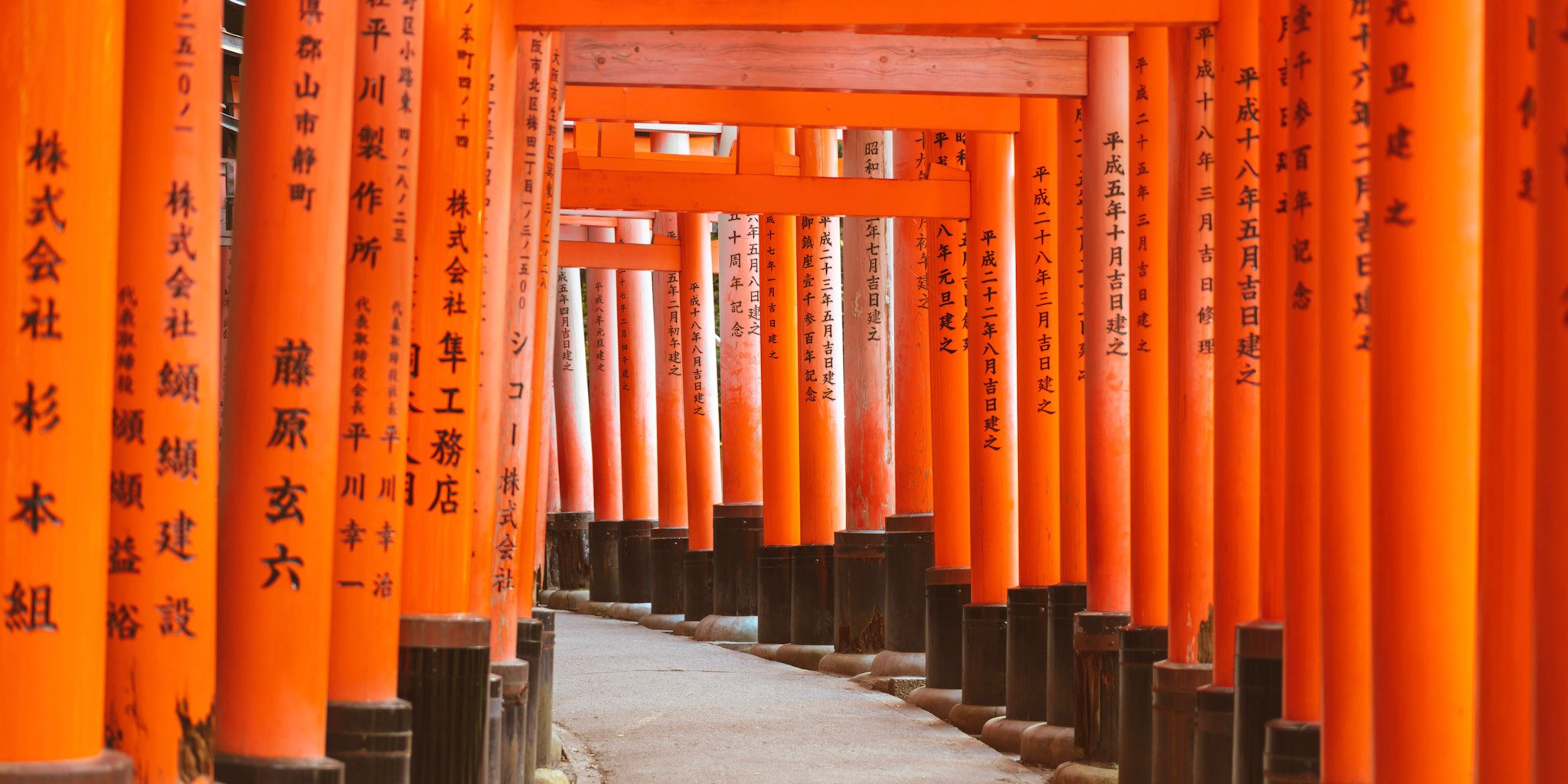
Weather
TOKYO WEATHERCulture Notes
- There are two places to lay your chopsticks down on the table: either flat across your bowl or leaning on the chopstick rest. Never leave your chopsticks sticking straight up in your rice bowl and never pass food from chopsticks to chopsticks: both of these mimic funeral rituals and are considered disrespectful. If you want to pass food to someone, use the back end of your chopsticks to place it in a dish for them.
- The Japanese hate to be wasteful, and picking things out of your meal to leave aside (bones excluded) is considered disrespectful.
- When using public transport, be sure to give up your seat to those who need it more. Be careful not to use those seats reserved for the elderly and disabled, as well as pregnant women and those with small children.
- Tourists visiting Japan need to be aware that wearing shoes inside certain places is something you should never do in Japan. Wearing outdoor shoes is deemed unhygienic by the Japanese so you will be expected to remove your shoes immediately when entering a Japanese home, school, hospital and certain restaurants and temples. Don’t worry though, slippers are always provided. When you enter a building and you see a line of shoes at the entrance, then you know that you will be expected to remove your own.
- Offering a bow is a Japanese way of greeting, acknowledgment, respect, and more. As a foreigner, it can get a little uncomfortable when you’re greeted with a profusion of bowing. If you’re not comfortable, you’re not expected to bow as a foreigner. However, a slight nod and a simple handshake are totally acceptable.
- Japan is still very much a cash society, and credit cards are not as widely used as in some Western countries. Credit cards are mainly accepted in urban areas in top-end restaurants, shops, and hotels. It’s good to carry a bit of both.
Tipping
Tipping Suggestions: Tipping is NOT customary in Japan and in many cases could be considered rude or insulting. In the few exceptions when tipping is customary, never hand over cash directly but neatly placed it inside an envelope.
| Ryokan with private Nakai-san (Japanese style hotel with staff that take care of guests) | 1000 yen paid in an envelope at check-in | |
| Private dinner w/ Geisha | 3000 yen paid at the beginning of dinner | |
| Guides | 500 yen per day, at the end in an envelope |
FAQ
Is the water safe to drink? Japan's tap water is drinkable and safe. The national water infrastructure is reliable and purification facilities are well-maintained.
Do I need a Visa? For Visa information, click here. Make sure your passport is valid for at least six months after you return home and has two or more blank pages. Otherwise, some countries may not let you enter.
What about vaccines? For Vaccination information, click here.
Do you recommend travel insurance? While not required, we highly recommend all travelers get travel insurance for their trip to protect themselves from the unknown! Check out travel insurance options from our partner, worldnomads.com or from a provider of your choice.
How much should I pack? As we will be using shared transfers and spaces throughout our tour we recommend all travelers pack as lightly as possible. Please review our luggage restrictions below.
What does public transportation look like? Japan has an efficient public transportation network, especially between large cities. Japanese public transportation is characterized by its punctuality, it's superb service, cleanliness, and efficiency.
Is Uber or Lyft available? Uber is available in Japan although it is not as frequently used by locals because of the efficient public transportation system. Chinese ride-sharing app, Didi is also used.
What about Wifi? Both paid and free WiFi hotspots are available across Japan, especially around airports, train stations, convenience stores, restaurants, coffee shops and bars.
Luggage Restrictions
.jpg)
